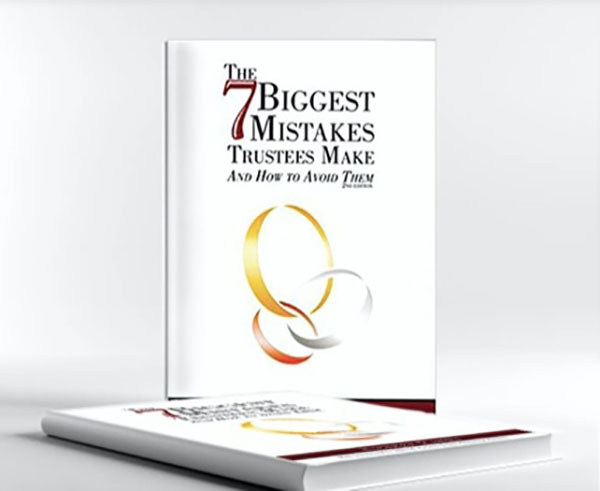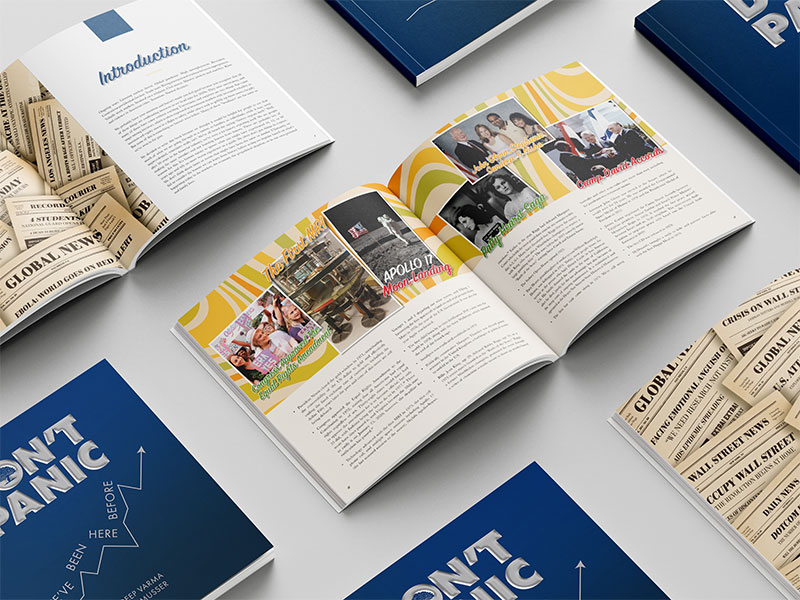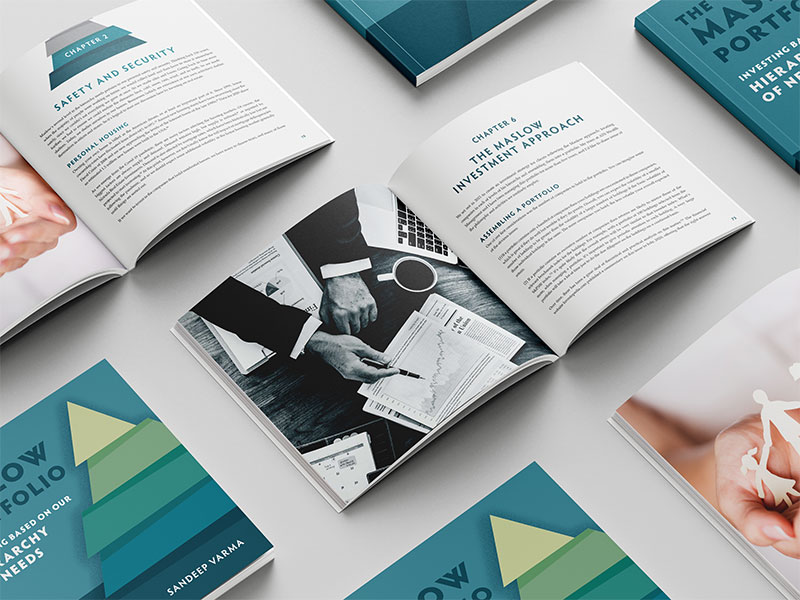
7 Biggest Mistakes Trustees Make
Sandeep Varma has seen many trusts unravel due to family greed, lack of communication, improper advice, and mistrust. And clients’ final wishes unfortunately go unfulfilled. However, many of these circumstances could have been avoided.
Through real-life stories, this book will provide you the knowledge you need to help make your wishes a reality and ensure your estate transitions smoothly. The 2nd edition has been updated with current tax, legal, and financial information.
By Sandeep Varma
Don’t Panic
Ongoing wars. Growing nuclear threat. Global pandemic. High unemployment. Recession. Contentious presidential election. Trade wars. Rising international tensions between superpowers. Volatile stock markets. Strained race relations. Civil unrest. Massive protests and marches. Riots and violence in American cities. Terrorism. Natural disasters. We probably have your attention and haven’t made you feel good because you recognize that all of these things are confronting investors as we head into the 2020s. They raise uncertainty, and many of them have come without warning. Uncertainty and surprises are two things that cause angst among investors, which is often expressed in investment markets with increased volatility as investors sell equity assets in a flight to safety, while others seek to gobble up those assets cheaply. But none of this is something we haven’t seen before. Many of these “headlines” are the same as we’ve seen in the past. We decided to write this book because we thought it would be helpful for people to see that much of what we are going through as a nation, as families, as individuals, while it may seem unprecedented, sometimes really isn’t.
By Sandeep Varma
The Maslow Portfolio
We face hundreds of decisions each day. When to get up? What to eat for breakfast? What to wear? Some decisions deal with important matters of health and safety. Should I schedule that doctor’s appointment? Do I need a home alarm system? Other decisions deal with matters that might seem more frivolous. Do I buy some new shoes with a special logo when other cheaper ones will last as long and look essentially the same? How do we go about making these decisions? The psychology of decision-making has been a fascination for hundreds of years. Many explanations have been offered, but one that has received attention over many decades is known as Maslow’s Hierarchy of Needs. This rubric was offered Reviewed By the American psychologist Abraham Maslow in 1943. Maslow observed that people will prioritize their decisions based on a hierarchy that many have drawn in the form of a pyramid. Maslow hypothesized that before making decisions at the top of the hierarchy, needs represented at the lower portion of the hierarchy must be satisfied first. The most primal level of the hierarchy pertains to physiological needs, such as having food and water. Once our physiological needs are satisfied, then our attention can turn to safety and security, which includes personal well-being, financial well-being, and the ensuring that our shelter and possessions are secure. After that, we can seek love and belonging: engaging with our family, having children, establishing friendships, and generally connecting with others. Having relationships with other people then fosters a need for self-esteem, gaining their respect and admiration. Finally, we can turn attention to being the person we envision we want to become, or our self-actualization.
By Sandeep Varma



